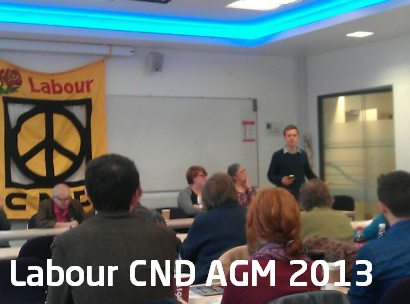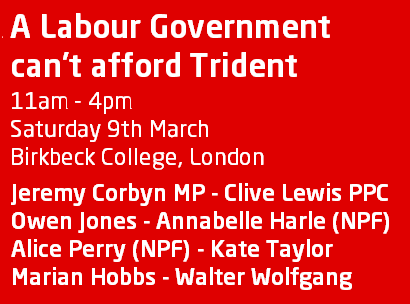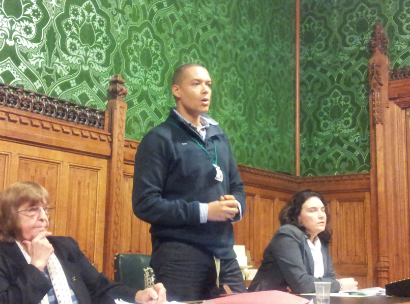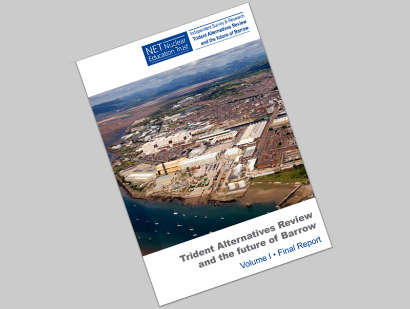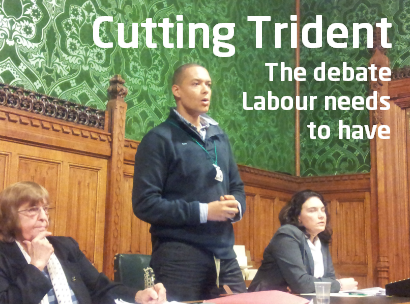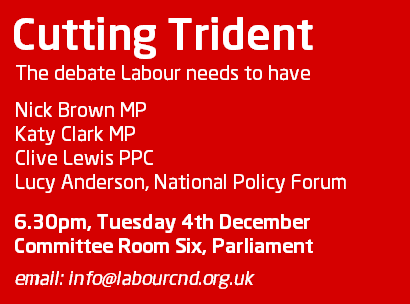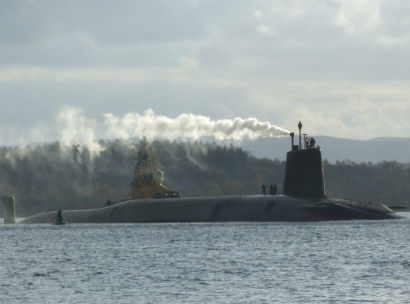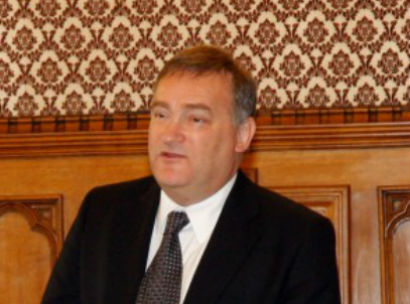 At our 2013 AGM, Marian Hobbs, former Disarmament Minister in the New Zealand Labour government opened the conference and welcomed a room full of young activists.
At our 2013 AGM, Marian Hobbs, former Disarmament Minister in the New Zealand Labour government opened the conference and welcomed a room full of young activists.
She discussed the isolation of the UK government in international negotiations on nuclear disarmament, and the isolation of the UK Labour Party in the family of left and social democratic parties around the world in failing to deliver nuclear disarmament.
She said there was no better time than now for Labour to prepare for carrying out nuclear disarmament after 2015, with the perfect storm of the end of Trident’s operational life meeting the changed security requirements of the post-Cold War world and the pain of austerity calling expenditure on major military projects in to greater question.
In the morning panel Owen Jones took up the question of cost and said a Labour government elected in 2015 spending billions on Trident while families suffered under austerity would be ‘a sickening spectacle’.
He talked about the catastrophic effects of nuclear weapons, referring to the 80s film Threads set in his hometown. The humanitarian impact of nuclear weapons was the subject of an interantional conference the week before the AGM, but which the UK had boycotted.
Kate Taylor repeated the message, saying, ‘To me, the NHS is essential. The welfare state is essential. Support for the disabled, free higher education, affordable housing, having enough money to heat your home and eat – those things are essential. Weapons of mass destruction – Trident – is not.’
As a councillor for a naval port, she took a combative stance against Trident, saying an ‘MOD report found that if they were to relocate Britain’s weapons of mass destruction to Devonport, and there was a nuclear accident, their worst case scenario was that 11,000 people would be killed by radiation poisoning … if these weapons are too dangerous for Plymouth, then they’re too dangerous for Faslane and Milford Haven or for any other community the MOD would want to inflict them on.’
Clive Lewis, the PPC for Norwich South, was asked to look at the 2015 election and gave a wide-ranging speech that condemned New Labour’s ‘Faustian pact with neo-liberalism’ and unfettered dominance of the market and big business’.
On Trident, he said, ‘we know the moral, economic, military and strategic case for non-renewal is overwhelming’ and on international non-proliferation, said ‘we have no right to intimidate other countries into not possessing nuclear weapons when we have them on such a large scale ourselves. It’s this hypocrisy, that undermines the entire nuclear Non-Proliferation Treaty.’
Annabelle Harle, on the party’s policy making process, and the new Your Britain site in particular, said, ‘The argument can be won across the spectrum … so get on there and write – remember that the views of members, CLPs and party groups count for more, and community groups are popular too – so go back to your constituencies tonight and log on’.
AGM
The day finished with an AGM committing Labour CND to working in the party to build opposition to Trident replacement and secure a manifesto commitment to scrapping it as well as urging the Labour leadership to make greater commitments to initiatives to advance negotiations for multilateral disarmament.
See also:

